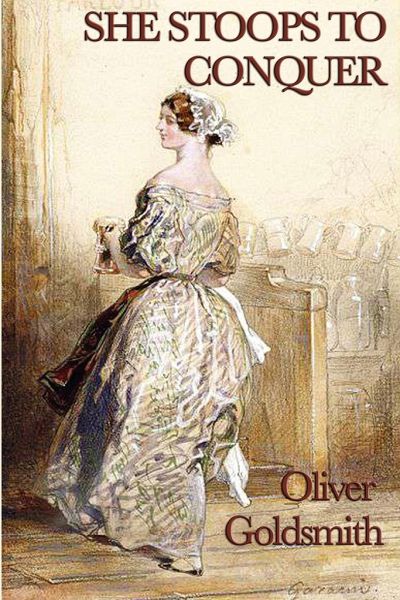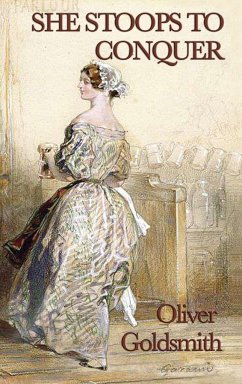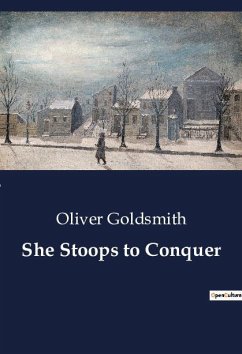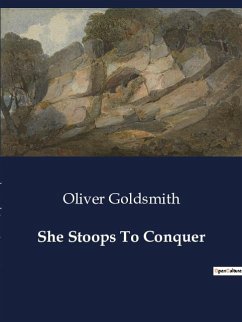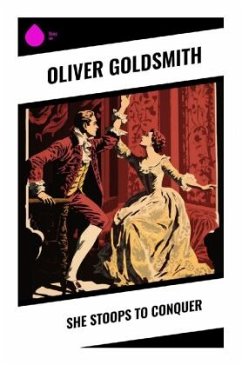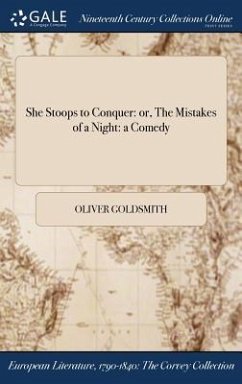Oliver Goldsmith was an Anglo-Irish author, playwright, dramatist, and poet who lived from 10 November 1728 to 4 April 1774. Goldsmith claimed to a biographer that he was born on November 10, 1728, yet his exact birthdate and year are unknown. He was either born in the Smith Hill House in the vicinity of Elphin, County Roscommon, or at Pallas, close to Ballymahon, County Longford, Ireland. His schooling seems to have mostly given him a liking for expensive clothing, card games, Irish tunes, and playing the flute. Goldsmith, a perpetual debtor and gambling addict, wrote a ton for London's publishers while working as a hack writer on Grub Street. To publish his 1758 translation of the memoirs of the Huguenot Jean Marteilhe, he assumed the alias ""James Willington"" at this time. His contemporaries regarded him as envious, impulsive, and disorganized, with a history of planning to immigrate to America but failing because he missed his ship. The incorrect diagnosis of his kidney ailment before his untimely death in 1774 may have contributed to it. Goldsmith was laid to rest in London's Temple Church. At the location of his interment, a memorial honoring him had previously been erected, but it had been destroyed in a 1941 air strike.
